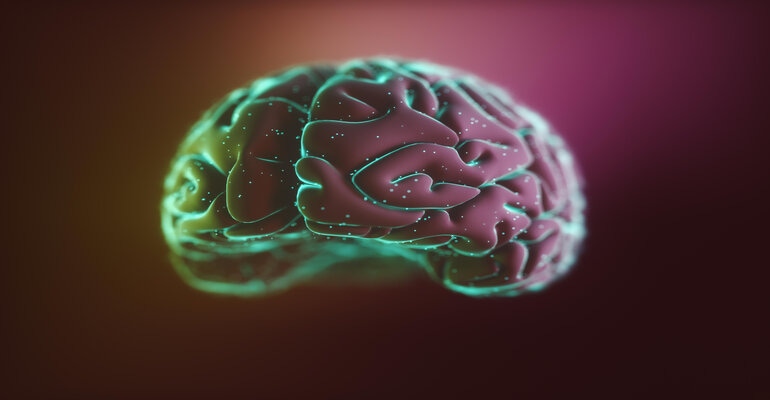NeuroPace RNS System Treats First LGS Patient in IDE Study
The study will examine whether brain-responsive neurostimulation using the RNS System can also be used to treat LGS.

NeuroPace, a commercial-stage medical device company focused on improving epilepsy treatment, announced that the first patient with Lennox-Gastaut Syndrome (LGS) has been treated in the company’s feasibility investigational device exemption (IDE) study. LGS is a form of childhood onset epilepsy characterized by cognitive dysfunction and frequent generalized onset seizures that often lead to injury. Currently, the standard of care for LGS is antiseizure medications. However, seizures are rarely controlled, even with use of multiple medications, and due to the difficulty in treating LGS, these patients typically experience increased disability over time.
"Overall, treatment is rarely effective in LGS, and the outcome remains very poor,” said Tracy Dixon-Salazar, PhD, executive director of the LGS Foundation and mother of an adult living with LGS, according to the press release announcing the study has treated its first LGS patient. "Those living with LGS need new treatment options for the many seizures, LGS-associated disorders, and treatment side-effects our loved ones suffer. The impact of LGS extends to the whole family, as we shoulder this unpredictable disease and try to manage the many physical, emotional, and financial burdens. We need better treatments now."
The study in which the LGS patient has been treated uses the RNS System — a paradigm-shifting treatment for drug-resistant focal epilepsy, which is FDA approved to be safe and effective in brain-responsive stimulation for treating medically intractable focal onset seizures in people 18-years-and-older — to test whether brain-responsive neurostimulation can also be used to treat LGS. The system delivers personalized, data-driven treatment targeted to the seizure source by continuously monitoring brain activity, recognizing individual seizure patterns, and responding in real-time with imperceptible stimulation to prevent seizures. Additionally, ongoing EEG data is recorded, providing physicians and care staff the ability to remotely monitor patients, gain insights, and use information garnered to improve care.
The first LGS procedure took place at Emory Healthcare in Atlanta, GA, and was performed by Robert E. Gross, MD, PhD, the MBNA Bowman Chair in Neurosurgery, professor, and vice chair at Emory University Department of Neurosurgery. Looking forward, six study sites will enroll a total of 20 patients 12-years-and-older with LGS and drug-resistant generalized onset seizures.
NeuroPace received a $9.3 million National Institutes of Health grant through the Brain Research through Advancing Innovative Neurotechnologies to evaluate the RNS System in patients with LGS.
“The NIH looks for ideas that could be transformative, with the potential to change how LGS is treated today,” said Martha Morrell, MD, chief medical officer of NeuroPace. “In addition to finding the best detection and stimulation settings for responsive neurostimulation in LGS, we are looking to identify changes in the recorded brain data that indicate whether the therapy is effective. These so-called biomarkers may help clinicians treat LGS and also facilitate future research, including the possibility of a larger clinical study into the mechanisms of the disease and treatment approaches.”
About the Author(s)
You May Also Like



.png?width=300&auto=webp&quality=80&disable=upscale)
